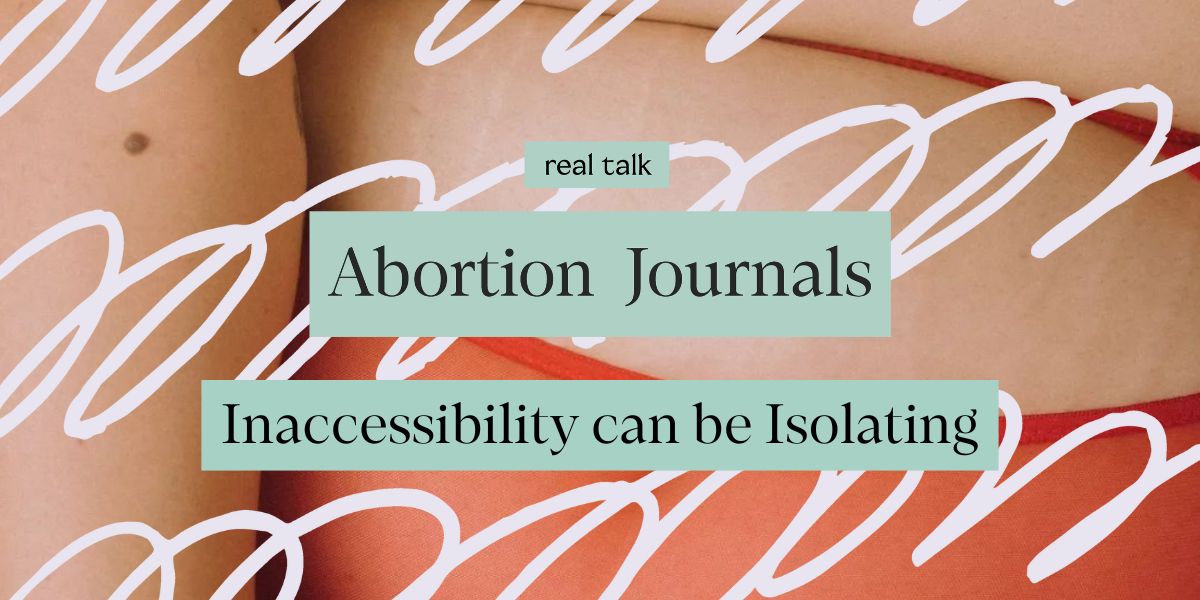In My Words: I never want to be pregnant, but I’d love to be a parent

"Do you want to have kids?" is an increasingly complex question asked amongst Gen Z and Millennial women. It used to be a simple matter of yes or no, but that’s changed over the years with the prevalence of adoption, in vitro fertilization, and surrogacy. Born in 1999, I’m on the cusp between Gen Z and Millennials. I’ve come of age in rather unprecedented times, from climate change to the pandemic to our increasingly fragile political environment.
As you can imagine, this all has shaped how I think about intentionally bringing new humans into the world. Children who exist on the earth already mean more to me than the children I could potentially, hypothetically give birth to. Fundamentally, I’m not as interested in bringing new life into this world as I am making sure one day we all get out in one-piece.
Since I was in high school, I’ve only imagined my parenthood experience as adoption and raising children that are already here somewhere on this earth. I remember having conversations with my family as a teenager. They pushed me to think through the reactions I got and misconceptions that persisted in my family, a family where no one has adopted or fostered children. In that way, my experience is much more similar to people who decide early on that they aren’t interested in being a parent at all. You get a lot of questions and pushback that often only serve to make you more sure of yourself. I credit those conversations for the confidence that I have now. I’m not suggesting that the pushback is appropriate, but we don’t often ask those who take a more traditional approach to interrogate what they want and why as much.
I often talk to my own mom, who had her first and only child in her late twenties (almost 24 years ago). She always speaks about how it felt as if there was internal and external pressure to have children, unless you had a big reason not to. It’s kind of a big deal that women today have so many celebrated and influential child-free-by-choice role models to look up to.
On the other hand, that still doesn’t mean I’ve never questioned my position. As I’ve gotten older, I’ve encountered a lot of discourse around the ethics, systemic issues, and racial implications of adoption. I’ve learned so much and make it a point to educate myself on how this system works. I’ve also wondered how I would square that reality with my identity as black child of two immigrant parents. Many parents find joy in passing on their culture and heritage to their children, who are inherently of the same heritage. That’s an experience I think I’d still like to have. Whether that means adopting a child that shares my culture or instead bringing a child into my culture, I think figuring out what that looks like will be a welcome adventure.
Autonomy and reproductive justice are front of mind as a young woman navigating our current political climate. The reality and associated risks with pregnancy have been a large part of the conversation around abortion rights, following the overturning of Roe v. Wade last year. As a black woman, I am subject to the highest maternal mortality rate, along with all of the other severe health risks that come with pregnancy. That’s one reason why parenthood being an explicit choice is core to my politics. For me, that risk makes the sacrifice of pregnancy and childbirth feel like a big chance I don’t need to take. In many ways, the empowerment of women who choose not to have children has given me the language to talk about how and why I’d love to be a parent on my own terms one day.
I think of parenthood as an act of love and community, which means seeing my face in my child’s doesn’t mean as much to me as it might to someone else. Everyone deserves to grow up feeling supported, loved, and wanted. That responsibility and opportunity is one I hold incredibly close to my heart.
Keep Reading

In My Words: How somebody asking where I live saved my life
Sep 14

In My Words: What the f**k is going on in Florida?
7/19/2023 • 5 minutes

In My Words: I'm a virgin living in hookup culture
Sep 19










